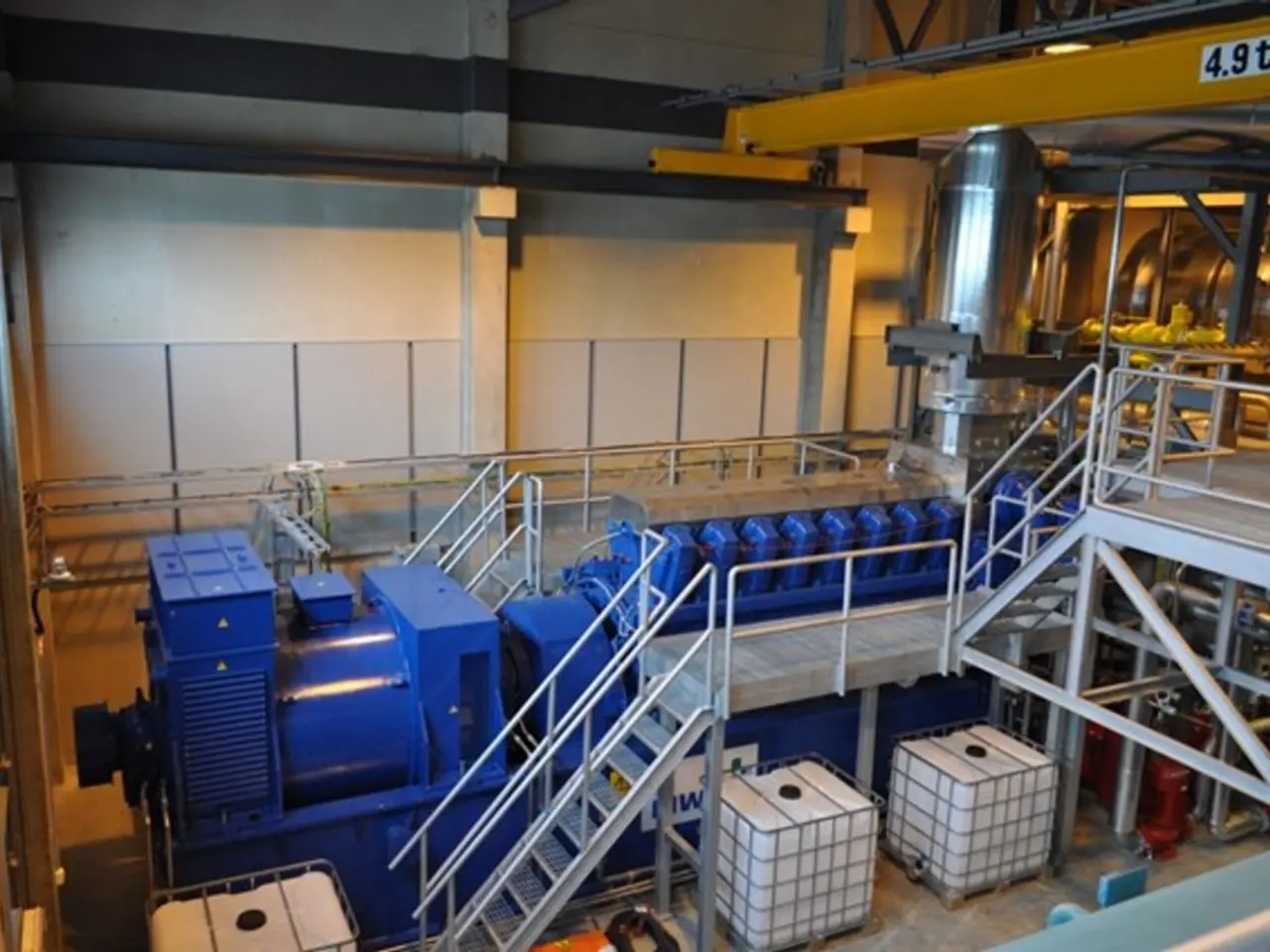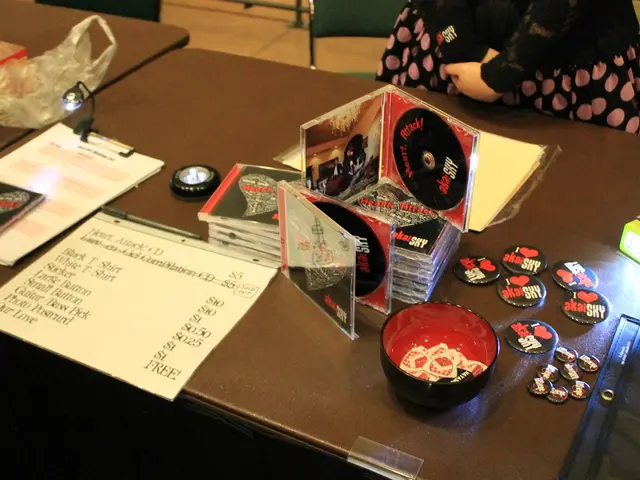United States tightens restrictions, aiming to curb equipment deliveries to TSMC destined for China
The U.S. government has made a significant move in the global semiconductor industry by revoking the authorization of Taiwan Semiconductor Manufacturing Company (TSMC) to export U.S. chipmaking equipment to China without a license. This decision, announced on an unspecified date, marks a shift in technology trade between the U.S. and China.
The U.S. Commerce Department has ended the "validated end-user" (VEU) program, which allowed select foreign semiconductor manufacturers to export U.S.-origin goods and tech license-free to make chips in China. TSMC, the world's largest contract maker of chips, is among the companies affected by this change.
The revocation of TSMC's VEU authorization for its Nanjing site, scheduled for July 26, 2023, and the subsequent decision to revoke it effective Dec. 31, 2025, may have implications for the predictability of TSMC's Nanjing plant's future operations. TSMC is currently evaluating the situation and taking appropriate measures, including communicating with the U.S. government, to ensure the uninterrupted operation of TSMC Nanjing.
It is important to note that TSMC's Nanjing plant only accounts for around 3% of TSMC's total production capacity and an even lower percentage of Taiwan's overall chip production. The most advanced manufacturing remains in Taiwan, a self-ruled island that Beijing claims as part of its territory. Therefore, the U.S. move is not expected to significantly affect Taiwan's overall industrial competitiveness.
The U.S. government's decision may also impact TSMC's ability to compete with Chinese semiconductor manufacturers in the Chinese market. TSMC, which supplies chips used in various products, including smartphones and missiles, and counts Nvidia and Apple among its clients, may face increased competition from local Chinese manufacturers.
The bureau does not plan to issue licenses for TSMC to expand its capacity or upgrade technology in China. Similarly, former VEU participants have a 120-day window to apply for export licenses, but the bureau does not plan to issue licenses for participants to expand capacity or upgrade technology.
This decision may be part of a larger strategy by the U.S. government to contain China's technological advancement, particularly in the semiconductor industry. The U.S. move comes amidst rising tensions between the two countries and growing concerns about China's growing influence in global technology.
In conclusion, the U.S. government's decision to revoke TSMC's export authorization for its Nanjing plant may have far-reaching implications for the global semiconductor industry and technology trade between the U.S. and China. While the immediate impact on TSMC's overall operations and client relationships remains to be seen, the decision underscores the increasing geopolitical tensions in the technology sector.
Read also:
- Understanding Hemorrhagic Gastroenteritis: Key Facts
- Trump's Policies: Tariffs, AI, Surveillance, and Possible Martial Law
- Expanded Community Health Involvement by CK Birla Hospitals, Jaipur, Maintained Through Consistent Outreach Programs Across Rajasthan
- Abdominal Fat Accumulation: Causes and Strategies for Reduction







